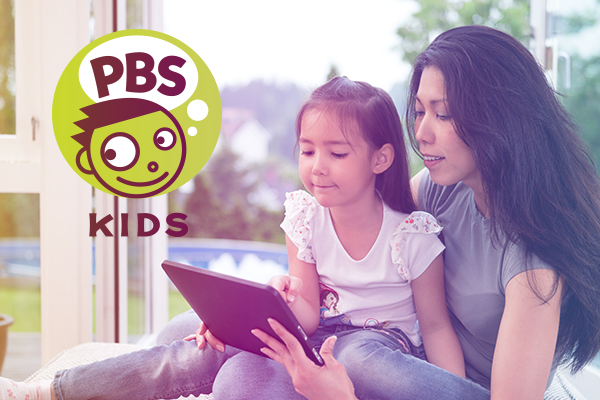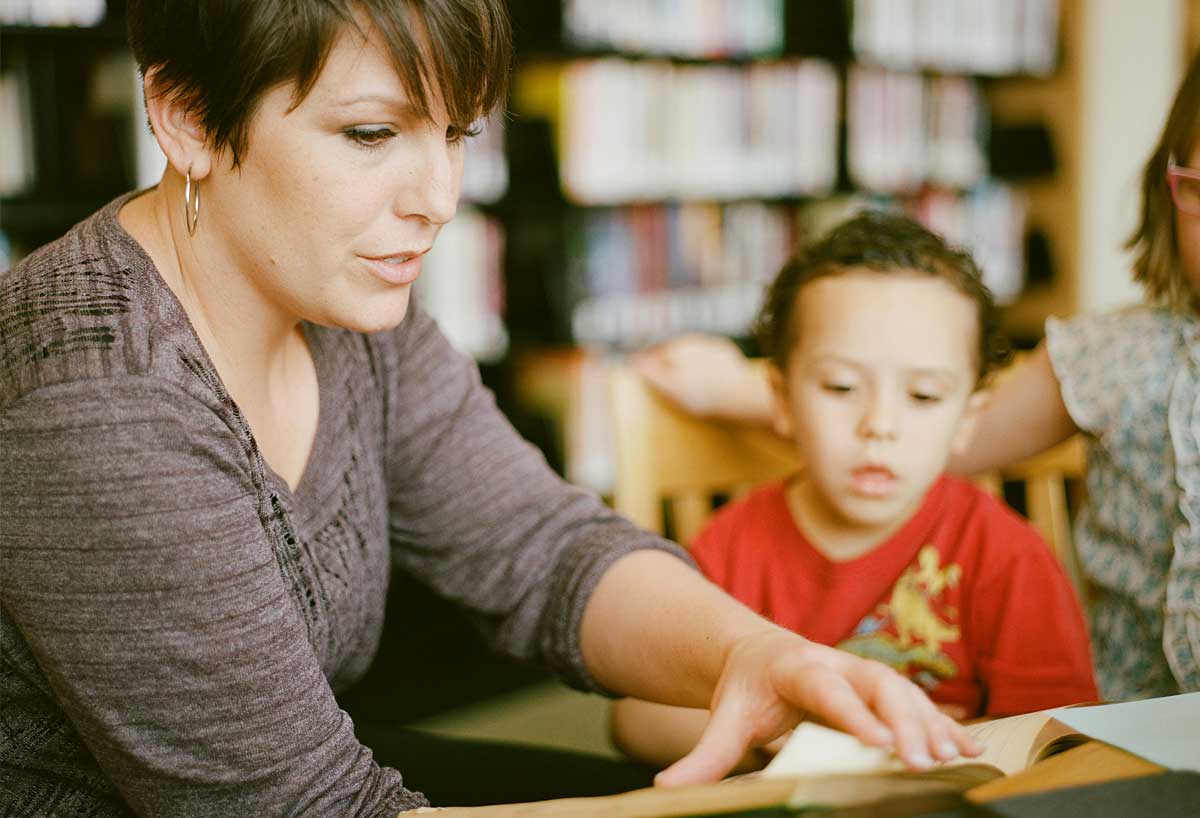The findings from a new study conducted by EDC/SRI tell us that far more parents would engage in science-related activities with their children—if they knew how.
What Parents Talk About When They Talk About Learning: A National Survey About Young Children and Science, describes results from a national telephone survey of 1,442 parents with a focus on families with limited financial resources. The survey asked parents about their attitudes, beliefs, and practices related to early learning, science learning, and digital media use.
Among the survey highlights:
- More than 7 out of 10 parents have high levels of confidence in their ability to support school readiness related to reading and writing, mathematics, and social and behavioral skills. However, 5 out of 10 parents do not feel “very confident” when it comes to supporting their children’s science learning.
- Early science learning is critical. Yet close to half of parents say other skills, such as reading and social skills, are more important than science for children to learn at home.
- While almost all parents do daily learning activities with their children, only about half do daily science-related activities, such as exploring outdoors or cooking together.
- Although parents say they regularly encourage their child’s science-related digital media use, they are less likely to help children make connections between a TV show, app, or game and daily life.
- 7 out of 10 parents say having access to ideas for doing science with everyday materials would help them “do more science” at home.
Researchers point out that in the past decade, more parents have helped their young children read and learn math—with achievement gaps narrowing—and now attention must focus on science.
CRESST supports students’ science learning in its ongoing collaboration with PBS KIDS through their Ready To Learn (RTL) program. This program leverages content on television, the Internet and other media to help millions of young children—particularly those living in poverty—learn the basic reading, math, and science skills needed for success. Leveraging CRESST’s unique expertise in educational assessment, learning, and psychometrics—as well as a background in game design and game data analysis—we measure and analyze the learning processes of these children to gain insight in how to support future learning. Learn more about this project here.



